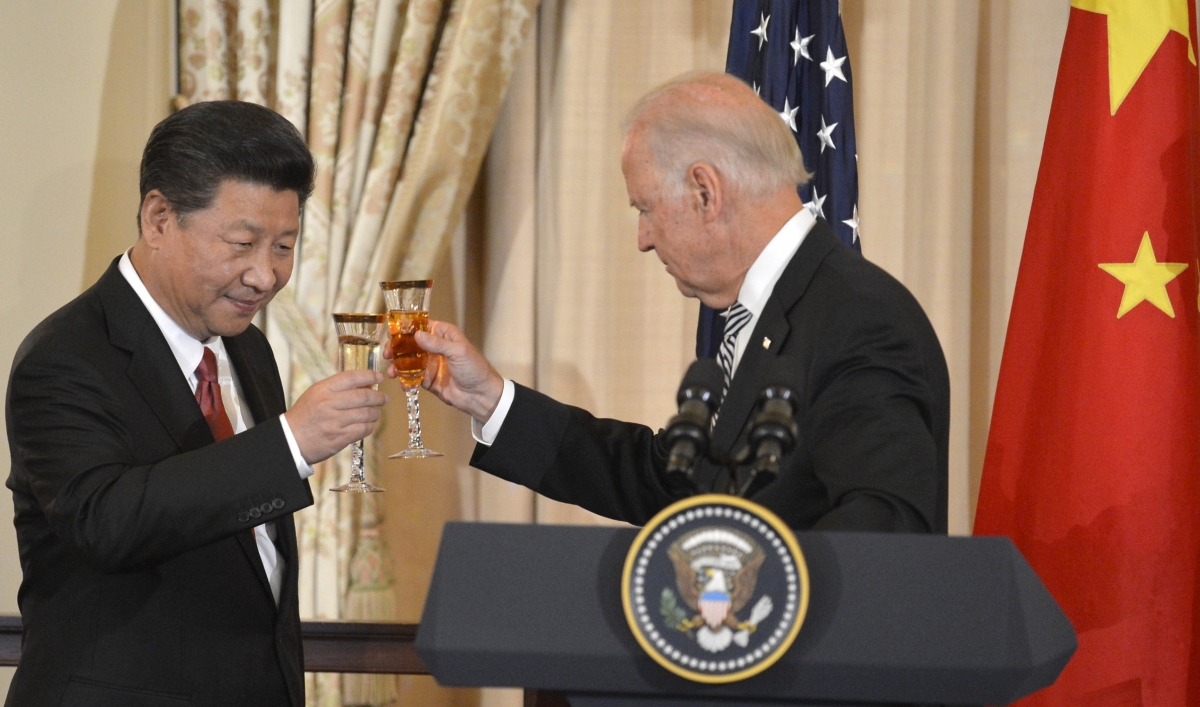2020 was an atypical year, marked by disastrous events. The spread of coronavirus changed the way and how we live our daily lives, changing how we work, study, eat, and shop. Huge shifts in our society have been introduced as part of the fight against the virus, which has had devastating effects on the global economy.
Reflecting this challenging time, along with increasing political risk, either major and emerging currencies slumped to record lows against the U.S dollar.
So, “What do we see for the markets for 2021?”. With the pandemic somewhat more controlled and the Covid-19 vaccines prepared to immunize the population, the next year can be looked upon with more optimism.
Developing countries will continue to provide more debt relief to help them through the post-Covid crisis and guarantee equal access to a vaccine, a situation in which we will see social distancing restrictions being lifted and the local economy improving. Hard-hit industries such as tourism and services will recover at a faster pace.
BIDEN AND CHINA

This positive prospect, alongside the “soft” Joe Biden administration, could provide a perfect environment to weaken the U.S dollar against the pound, euro, Chinese yuan, and many emerging markets currencies. Thus, that makes holding USD assets less attractive, encouraging investors to invest in riskier assets, in turn. The extension of quantitative easing programs will also boost these investor’s actions since the hedging cost will remain low - increasing exposure to the movement of currencies.
EMERGING MARKETS

In contrast, emerging market economies may continue to suffer disproportionately from the spread of Covid-19, since a full recovery critically depends on the timely distribution of affordable vaccines to all countries based on need. This has major macroeconomic implications for those countries. Thus, EM currencies should continue to be very volatile.
BREXIT

Finally, regardless of a Brexit deal, soft or hard, Britain will have to leave the European Union on Dec. 31, ending more than four years of tumult over the terms of the unprecedented divorce. As a result, financial markets will no longer be mesmerized by the twists and turns of Britain’s Brexit drama.
On the other hand, markets will focus much more on how the British economy will perform under new (i.e with Japan) and potential trade deals with countries that do not currently have EU trade deals, such as the U.S, Australia, and New Zealand.

